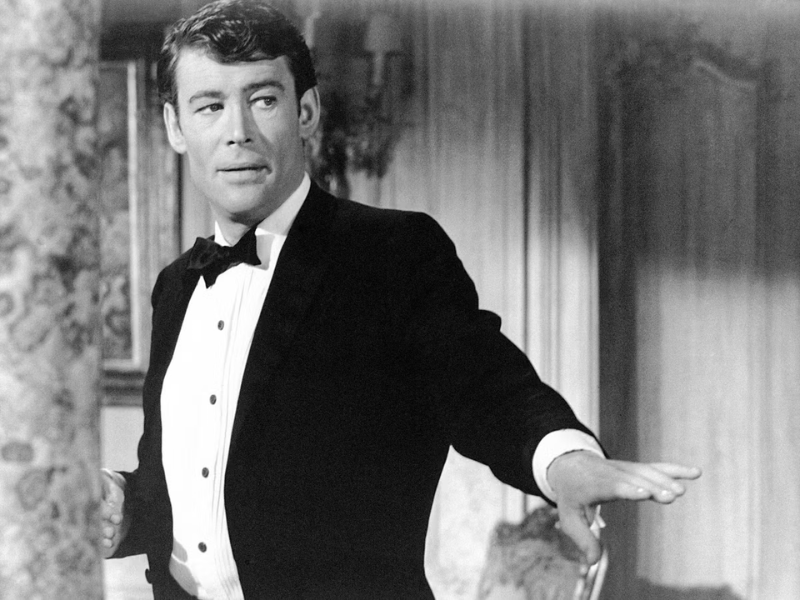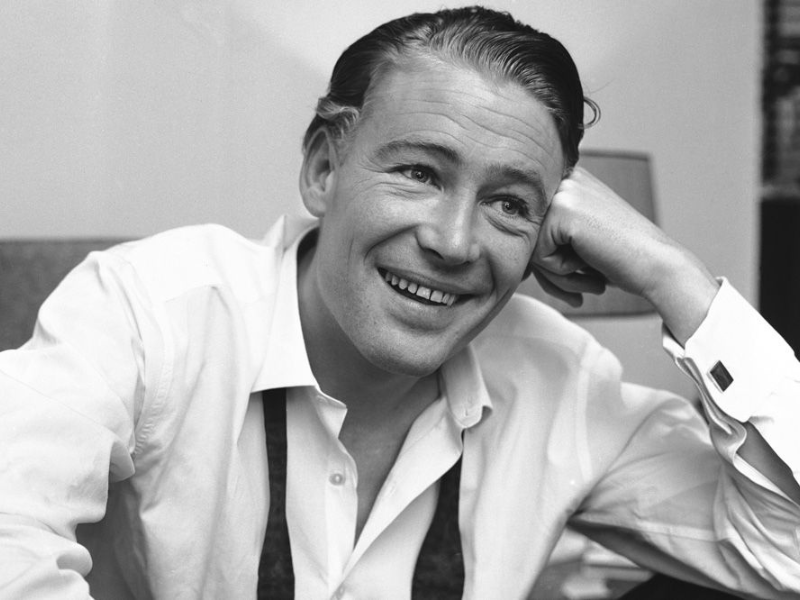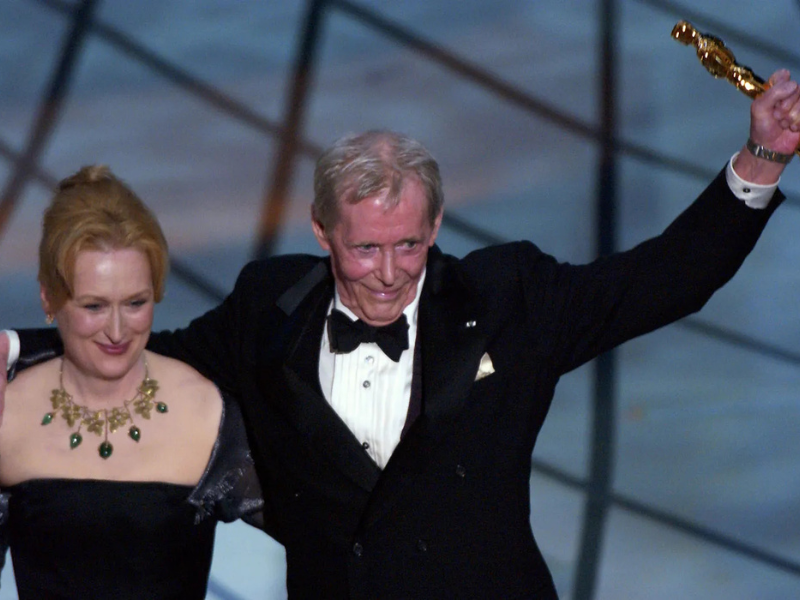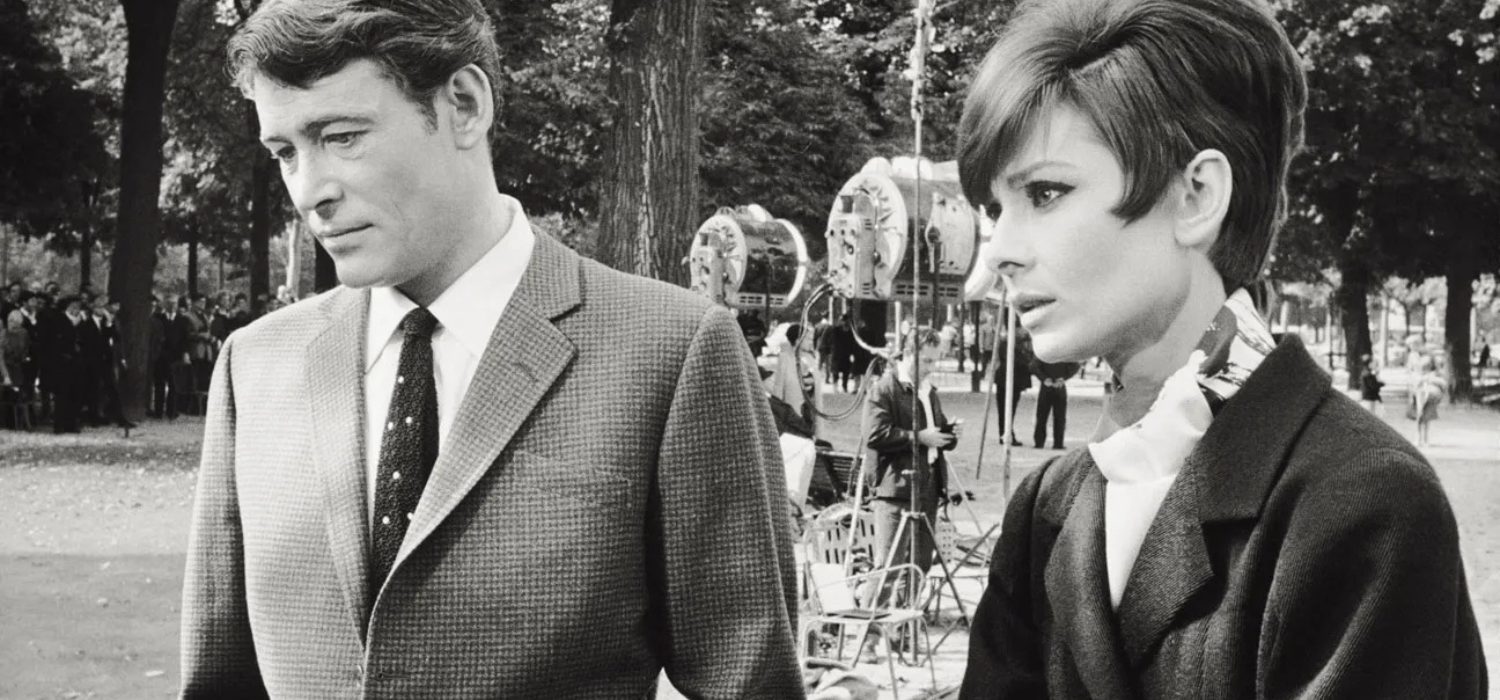Introduction: A Legend of the Silver Screen
Peter O’Toole remains one of the most celebrated and iconic figures in British and global cinema. Known for his towering presence, magnetic charisma, and unmatched performances, O’Toole’s career stretched over five decades. His story is not just about acting; it’s about resilience, reinvention, and brilliance. From stage beginnings to Oscar-nominated roles, O’Toole set a standard for cinematic artistry that continues to inspire.
Early Life and Aspirations
Born in 1932, Peter O’Toole grew up in Ireland and England, discovering his love for storytelling and performance at an early age. His childhood was marked by curiosity and a sense of drama, qualities that would shape his career.
The Stage Beckons
O’Toole trained at the Royal Academy of Dramatic Art (RADA), where his natural talent and ability to inhabit complex characters became apparent. This classical foundation gave him the skills to tackle Shakespeare and other demanding works, building a reputation as one of the finest actors of his generation.
Breakthrough Role: Lawrence of Arabia (1962)
The defining moment of Peter O’Toole’s career came with his role as T.E. Lawrence in David Lean’s Lawrence of Arabia.
- A Star Is Born: The epic film introduced O’Toole to global audiences, with his piercing blue eyes and commanding presence leaving an indelible mark.
- Critical Acclaim: His performance was hailed as transformative, bringing depth to a character who was both heroic and conflicted.
- Cultural Impact: The film became one of the greatest in cinematic history, and O’Toole’s portrayal of Lawrence remains a benchmark in acting.
This role not only made him an international star but also cemented his place as a cinematic icon.

The Eight Oscar Nominations
Peter O’Toole’s career was remarkable for his record-breaking eight Academy Award nominations for Best Actor without a win during his lifetime (he received an Honorary Oscar in 2003).
The List of Legendary Performances
- Lawrence of Arabia (1962)
- Becket (1964)
- The Lion in Winter (1968)
- Goodbye, Mr. Chips (1969)
- The Ruling Class (1972)
- The Stunt Man (1980)
- My Favorite Year (1982)
- Venus (2006)
Each of these roles demonstrated his versatility—from kings and warriors to eccentric artists and vulnerable older men. O’Toole transformed himself for every part, bringing both grandeur and humanity to his characters.
Stage Brilliance: Shakespeare and Beyond
Though film brought him global recognition, O’Toole never abandoned the stage. His performances in Shakespearean roles such as Hamlet, Macbeth, and King Lear are remembered for their intensity and intellectual depth.
- Hamlet at the National Theatre: O’Toole’s portrayal of Hamlet was considered one of the finest of his era.
- Dedication to Theatre: He frequently returned to the stage throughout his career, balancing the spectacle of Hollywood with the intimacy of live performance.
- Stage vs Screen: His ability to transition seamlessly between stage and screen made him one of the most respected actors of his time.
Personal Life: The Man Behind the Legend
O’Toole’s personal life was as colorful as his career. Known for his wit, charm, and at times controversial lifestyle, he lived life to the fullest.
- Friendships with Icons: He counted Richard Burton, Richard Harris, and Peter Finch among his close companions.
- Love for Storytelling: Off-screen, O’Toole was a captivating storyteller, often sharing anecdotes about his adventures in theatre and cinema.
- Resilience in the Face of Struggles: Despite health issues and setbacks, he maintained his dedication to acting, proving his resilience.
Influence on Future Generations
Peter O’Toole’s influence extends far beyond his own body of work.
- Mentor Figure: His style of acting—balancing emotional truth with theatrical flair—became a model for aspiring actors.
- Inspiration Across Borders: O’Toole inspired not only British actors but talents worldwide, showing that true artistry transcends nationality.
- Timeless Relevance: Even today, film students and professionals study his performances for their depth and complexity.
Cinematic Legacy of Elegance and Brilliance
Peter O’Toole’s brilliance lies in his ability to make every role unforgettable. His combination of striking looks, eloquent voice, and fearless approach made him a true legend.
- Range of Roles: From heroic to tragic, comedic to dramatic, O’Toole did it all.
- Cultural Icon: He became a symbol of classic cinema, representing an era where acting was both art and spectacle.
- Unforgettable Presence: Even in supporting roles or late-career performances, he brought gravity and brilliance.

In-Depth Look at Oscar-Nominated Roles
Becket (1964)
After the monumental success of Lawrence of Arabia, O’Toole starred alongside Richard Burton in Becket.
- Role: King Henry II, portrayed with fiery passion and emotional depth.
- Dynamic with Burton: The on-screen chemistry between O’Toole and Burton electrified audiences, making their clashes unforgettable.
- Critical Response: O’Toole’s Henry II became a definitive performance, cementing his ability to embody historical figures with nuance.
The Lion in Winter (1968)
O’Toole reprised his role as Henry II, this time opposite Katharine Hepburn.
- Power Struggles and Wit: His sharp exchanges with Hepburn’s Eleanor of Aquitaine showcased his ability to mix power with vulnerability.
- Oscars Recognition: Both O’Toole and Hepburn received nominations, with Hepburn winning. Critics praised O’Toole’s depth in portraying an aging monarch torn between family and kingdom.
Goodbye, Mr. Chips (1969)
A departure from epic roles, O’Toole played the quiet, dedicated schoolteacher Mr. Chipping.
- Gentle Brilliance: This performance highlighted O’Toole’s versatility, showing he could move audiences without grandeur or spectacle.
- Musical Charm: The role was also a musical, revealing O’Toole’s willingness to challenge himself across genres.
The Ruling Class (1972)
In one of his most daring performances, O’Toole played Jack, a schizophrenic aristocrat who believes he is Jesus Christ.
- Dark Comedy: His fearless performance balanced comedy with disturbing psychological themes.
- Critical Acclaim: Although unconventional, the role is considered one of his boldest, showing his readiness to defy expectations.
The Stunt Man (1980)
This cult classic featured O’Toole as an eccentric film director.
- Meta-Performance: Playing a director allowed O’Toole to poke fun at the absurdities of filmmaking while delivering a magnetic performance.
- Legacy: Today, The Stunt Man is remembered as one of his most complex and entertaining roles.
My Favorite Year (1982)
As a washed-up actor in a comedy inspired by 1950s television, O’Toole delivered a performance filled with humor and heart.
- Comedy with Depth: His character, Alan Swann, balanced slapstick with vulnerability, earning him yet another Oscar nomination.
- Cultural Impact: For many, this role introduced O’Toole to a younger generation of audiences.
Venus (2006)
Late in his career, O’Toole starred as Maurice, an aging actor navigating love and mortality.
- Poignant Role: This was one of his most intimate and heartfelt performances, reflecting his own stage in life.
- Critical Praise: His ability to remain relevant and compelling in the 21st century proved his timeless artistry.
Bonds with Fellow Actors
Richard Burton and the Brotherhood of Legends
Peter O’Toole and Richard Burton shared more than screen time; they shared a lifestyle marked by brilliance and excess.
- Collaborations: Their work in Becket stands as one of cinema’s greatest duets.
- Friendship: Both actors were known for their wit, heavy drinking, and deep respect for one another’s talents.
Richard Harris and the Circle of Rebels
O’Toole, Burton, and Harris were often described as part of a “trinity” of Irish and British acting legends.
- Shared Spirit: All three lived large, loved fiercely, and acted with ferocity.
- Public Persona: Their off-screen reputations as hard-drinking, storytelling icons became part of their myth.
Katharine Hepburn: A Worthy Adversary
Hepburn’s collaboration with O’Toole in The Lion in Winter was electric.
- Dynamic Performance: Hepburn once praised O’Toole’s energy, noting his ability to match her wit and intensity.
- Legacy Together: Their verbal sparring elevated the film into a masterpiece.
Behind the Scenes: Stories and Anecdotes
A Life of Wit
O’Toole was famous for his sharp sense of humor. One of his most quoted lines:
“I will not be a common man. I will stir the smooth sands of monotony.”
This wit carried into his interviews, where he often entertained audiences as much as on-screen.
Hollywood Outsider
Though a star, O’Toole never quite fit the mold of a Hollywood actor. He was outspoken, unconventional, and sometimes resistant to industry norms.
Resilience Through Illness
Health challenges in the 1970s threatened his career, yet O’Toole returned with renewed vigor, proving his determination to continue acting despite the odds.
His Relationship with Cinema
For O’Toole, acting was not just work; it was a calling.
- Theatre Foundations: His RADA training made him a disciplined performer.
- Film as Canvas: He treated each role as art, infusing even commercial projects with brilliance.
- Dedication: His refusal to retire—even late in life—reflected his passion for the craft.
The Actor’s Philosophy
O’Toole often spoke about acting as an exploration of humanity.
- Truth in Performance: He believed that the actor’s job was to reveal truths, not just entertain.
- Theatricality vs Realism: O’Toole merged classical theatrical techniques with cinematic realism, creating a unique acting style.
- Fearlessness: He often took risks in roles that others might avoid, preferring to fail boldly than to play it safe.
Awards and Recognition
Academy Award Journey
- Eight Nominations: O’Toole holds the record for one of the most-nominated actors never to win a competitive Oscar.
- Honorary Award (2003): The Academy eventually honored him with a lifetime achievement Oscar, acknowledging his monumental contribution to cinema.
Other Prestigious Awards
- Golden Globes: Won multiple times across categories.
- BAFTAs: Celebrated in his homeland for both film and theatre work.
- Emmy Awards: Recognized for his television performances, proving his adaptability across mediums.
Cultural Legacy
The Image of the Actor as Rebel
O’Toole redefined what it meant to be a film star.
- Charismatic Persona: His off-screen life of wit, storytelling, and excess became legendary.
- Romantic Ideal of the Actor: He embodied the archetype of the passionate, flawed genius.
- Irish Identity: His cultural heritage and sharp tongue gave him a unique voice in international cinema.

Enduring Relevance in Pop Culture
- Quotable Wit: His lines, both scripted and improvised, continue to circulate in film history discussions.
- Inspiration in Modern Cinema: Directors still reference his performances in Lawrence of Arabia, Becket, and The Lion in Winter.
- Myth and Memory: O’Toole’s legacy is not just cinematic—it is legendary, blending truth and myth into one.
Passing in 2013
Peter O’Toole passed away in December 2013, leaving behind a cinematic and theatrical legacy that will never fade.
- Tributes Worldwide: Fellow actors, directors, and fans honored his life with heartfelt tributes.
- Legacy of Brilliance: His name remains synonymous with daring artistry and magnetic charisma.
Conclusion: The Timeless Brilliance of Peter O’Toole
Peter O’Toole was more than an actor—he was a force of nature. From his transformative role in Lawrence of Arabia to his poignant farewell in Venus, his career reflected the highs, challenges, and magic of cinema. He was a man of paradoxes—both rebel and scholar, both romantic and realist, both legend and human.
His brilliance continues to inspire actors and filmmakers, ensuring that his performances remain as powerful today as when they first lit up the screen. Peter O’Toole may be gone, but his spirit—fearless, witty, and profoundly artistic—lives on in the golden glow of the cinema screen.


